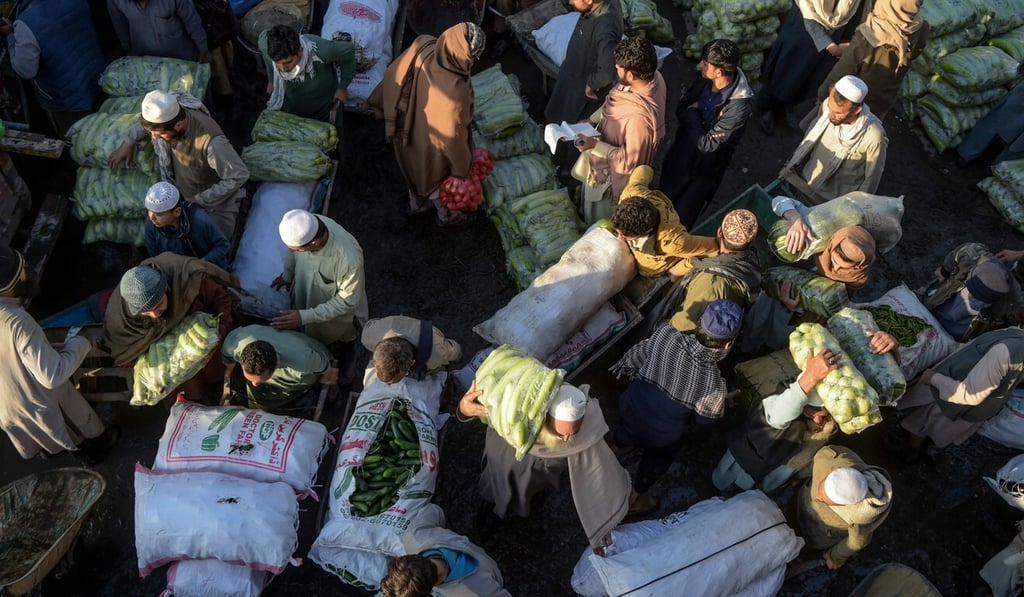Opinion | The coronavirus has shown us the global economic system is no longer fit for purpose
- Lockdowns and shutdowns imposed to deal with the Covid-19 pandemic have taken a huge toll on every major economy
- While these suppression measures were probably necessary, the process of exiting them provides an opportunity to rethink our overly networked world

By now, three hard truths about the Covid-19 crisis should have become apparent to policymakers around the world.
The first is that every major economy is currently in some form of lockdown, with significant parts of their economies effectively shut down. These lockdowns and shutdowns – the result of what has become known as the suppression strategy – have exacted a huge economic toll. If they are prolonged, they create a high and growing risk of sending the global economy into a depression.
While financial market gyrations have attracted most of the headlines, it is the real economy impacts – especially on the poor and the vulnerable – that are of greater concern. In the United States, unemployment is expected to skyrocket to 20 per cent – twice the peak during the global financial crisis.
Meanwhile, the global economy is likely to go into recession in 2020 even if the disease is more or less contained by the middle of the year. This would be especially devastating for developing countries that lack the means to cushion the impact on their large populations of migrant and informal workers. For these countries, the costs of the lockdowns may exceed the lives that are saved.
While the suppression strategy undertaken by China and much of the developed world was probably necessary to slow the uncontrollable spread of the disease, prolonged lockdowns and shutdowns cannot be the main long-term response – especially if, as experts say, Covid-19 is a recurrent problem and not “merely” an acute one.

The second hard truth is that it is extremely unlikely that suppression will succeed in eliminating the disease. Even if the current suppression measures succeed in slowing the spread of the coronavirus, cases are likely to rise again when the lockdowns are lifted or when the autumn flu season arrives. Eliminating a highly infectious disease is what economists call a “weakest link” public good, in that the provision of this public good depends on the weakest link (in this case, poor countries) getting its act together. This is unlikely in the short to medium term.
